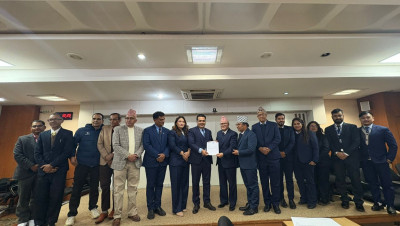Book “Gaun Gaun Ma Singha Durbar” Launched
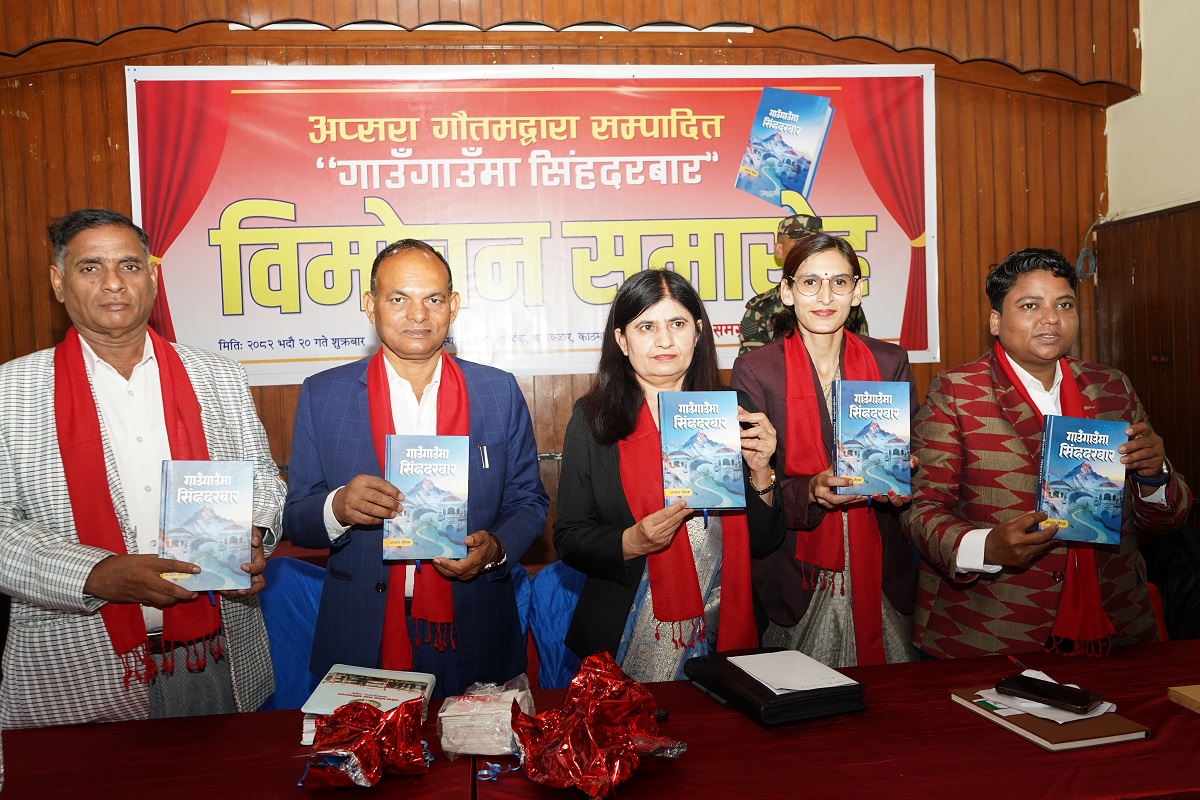
Kathmandu – Minister for Federal Affairs and General Administration, Bhagwati Neupane, said that the government has also set a goal of taking Singha Durbar to every village.
Speaking at the launch of the book titled “Gaun Gaun Ma Singha Durbar” (Singha Durbar in Every Village), edited by Apsara Gautam, on Friday in Kathmandu, she stated that the government is moving forward by addressing the challenges seen during the implementation of federalism.
She emphasized the need to make local governments stronger and more effective. She stressed that local levels must be made effective through the full implementation of the rights mentioned in the Constitution and those given by the Local Government Operation Act.
Highlighting the achievement of having a three-tier government through the people’s movement, she said the local level is now closer to the people and their own government. She also mentioned that although the Constitution provides both exclusive and concurrent powers to the local level, any disagreements regarding rights must be resolved through dialogue. According to her, as the local level has the authority to make its own laws and budgets, it is gradually becoming stronger.
Minister Neupane also claimed that since the promulgation of the Constitution, significant progress has been made in physical infrastructure, education, health, and drinking water. She said it is essential for the federal and provincial governments to delegate powers to strengthen local governments. She praised the book, saying that the title itself clearly reflects its core message.
At the event, Madhesh Province Speaker Ram Chandra Mandal said that transferring Singha Durbar’s authority to the provinces and villages is a matter of pride. He explained that in the past, policies, rules, and budgets were formulated only from Singha Durbar, but now that its powers have been transferred to provinces and villages, it is rightfully called “Gaun Gaun Ma Singha Durbar.”
Similarly, President of the Municipal Association of Nepal and Mayor of Nilkantha Municipality, Dhading, Bhim Prasad Dhungana, argued that since the Constitution does not explicitly mention “local level,” it should be regarded as a government in itself.
He added that even the law refers to the “Local Government Operation Act 2074,” so the local level should be understood as a government. He pointed out that despite having significant powers, the lack of budget prevents local governments from accomplishing certain tasks, and therefore federal and provincial governments must transfer necessary authority.
Economist Dr. Chandramani Adhikari remarked that compared to other countries, Nepal has granted considerable authority to its local governments. However, he accused the federal, provincial, and local levels of not working seriously to resolve their internal problems, even though they are well aware of them. He said that while the economy might look fine from the outside, Nepal is facing a “silent disease” within, indicating a hidden economic crisis.
Speaking about the book, editor Gautam said it was published to encourage the habit of reading books even in this digital era. She mentioned that the book includes a wide range of content about the three levels of government, their grievances, challenges, and possibilities. According to her, the book especially covers issues faced by local governments, their solutions, and plans that must be made in the future.
Articles by 33 contributors, including provincial chief ministers, speakers, constitutional experts, former ministers, journalists, federalism experts, lawmakers, and subject specialists, have been published in the book. The 300-page book covers various aspects of the three-tier government and has been published by Samagra Media Pvt. Ltd.
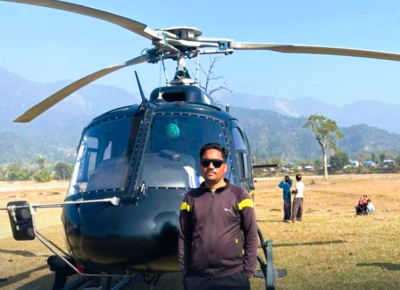
Helicopter from Jumla lands in Salyan due to bad weather
January 30, 2026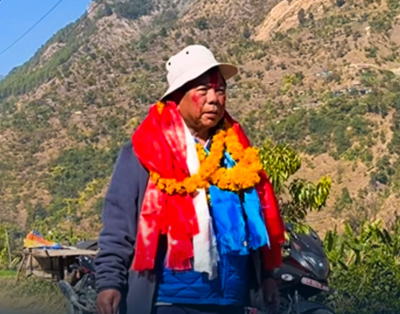
Mahabir Pun's Appeal to Voters: Do Not Sell Your Vote for Money
January 30, 2026
Helicopter from Jumla lands in Salyan due to bad weather
January 30, 2026-1769761552.jpeg)
NRNA Must Rise Above Personal Interests: Foreign Secretary Rai
January 30, 2026-1769761552.jpeg)


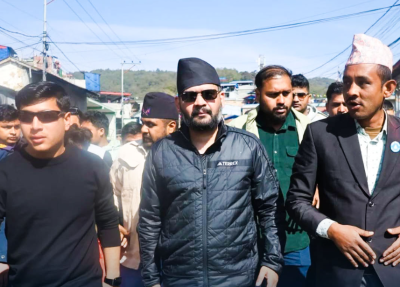

-1769765526.jpg)
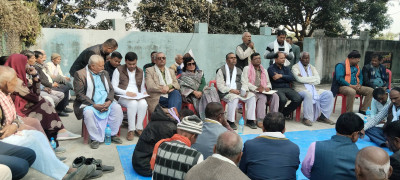
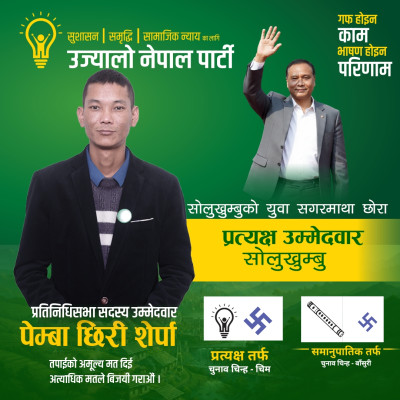
-1769770966.jpeg)
-1769760538.jpg)
